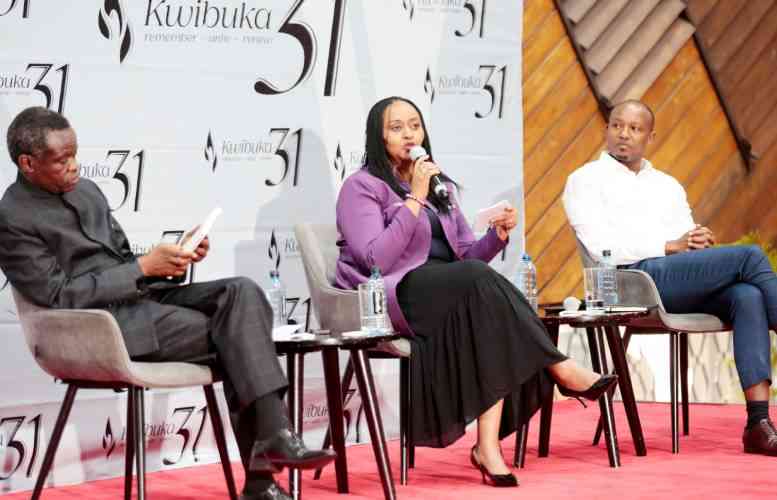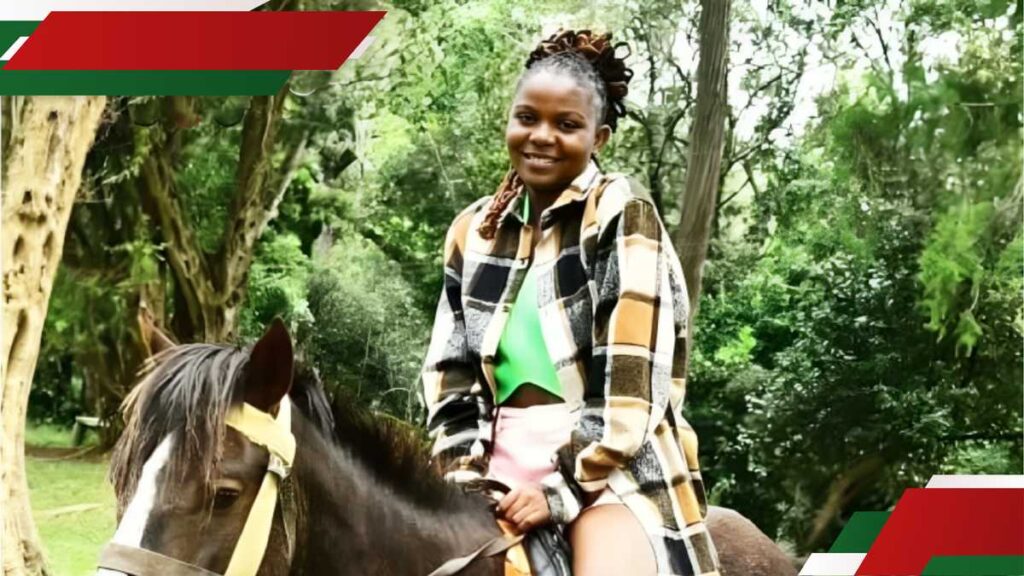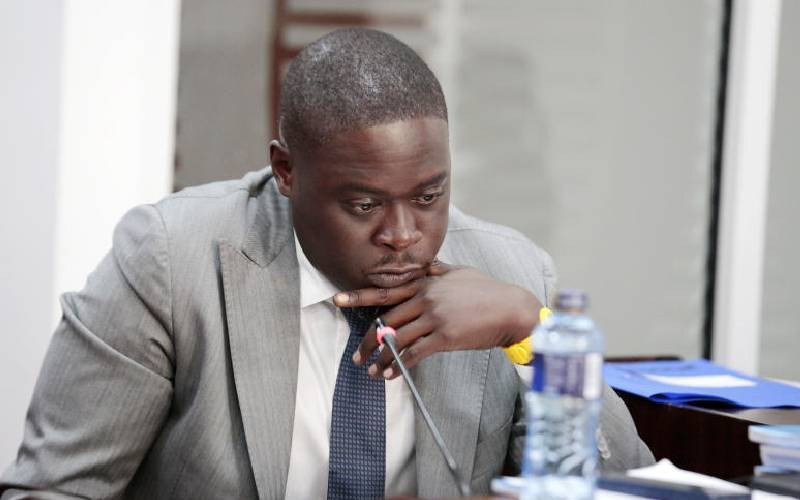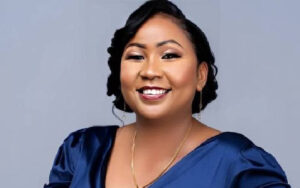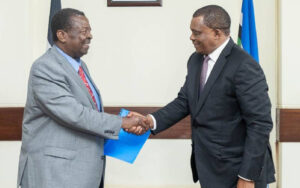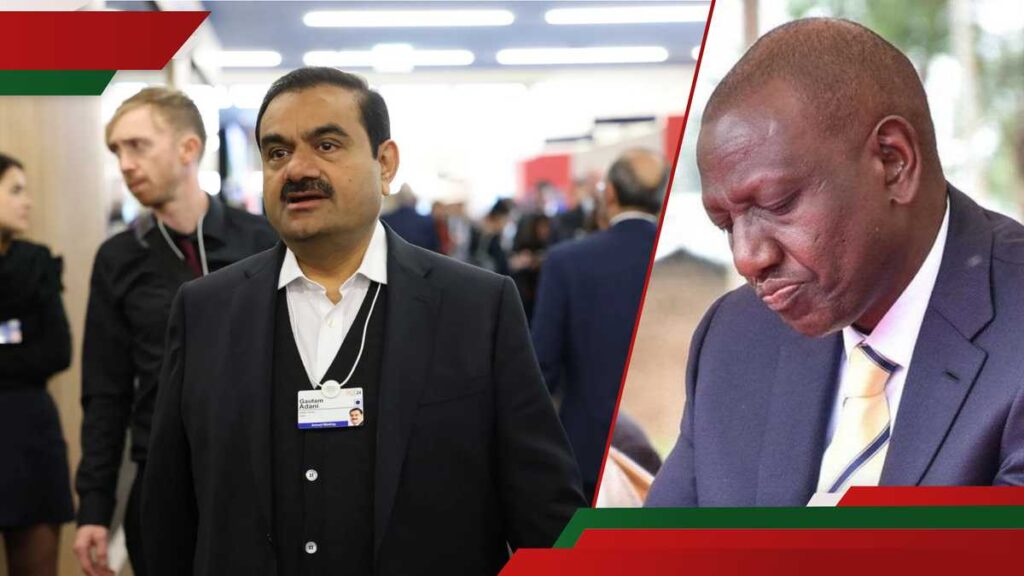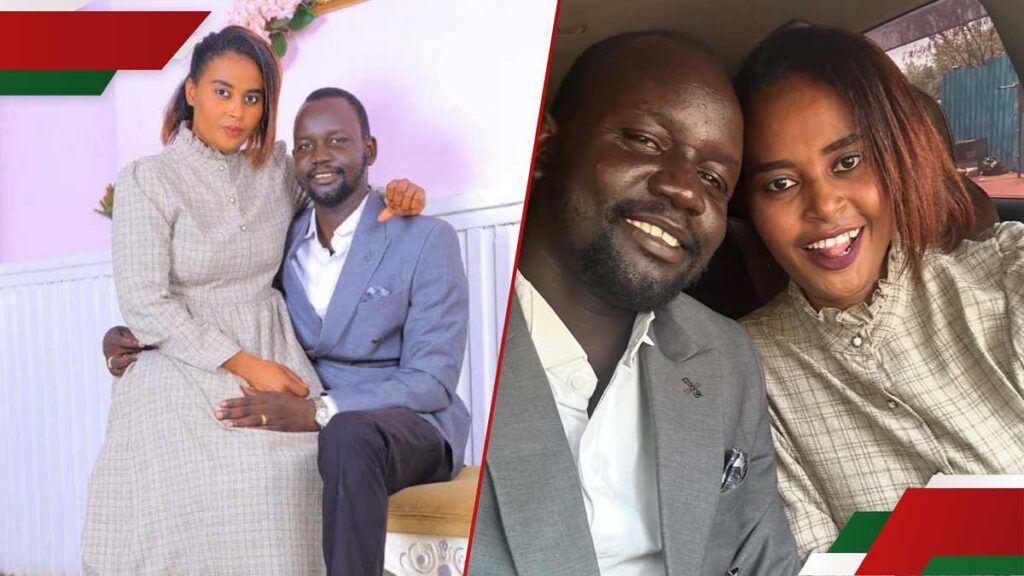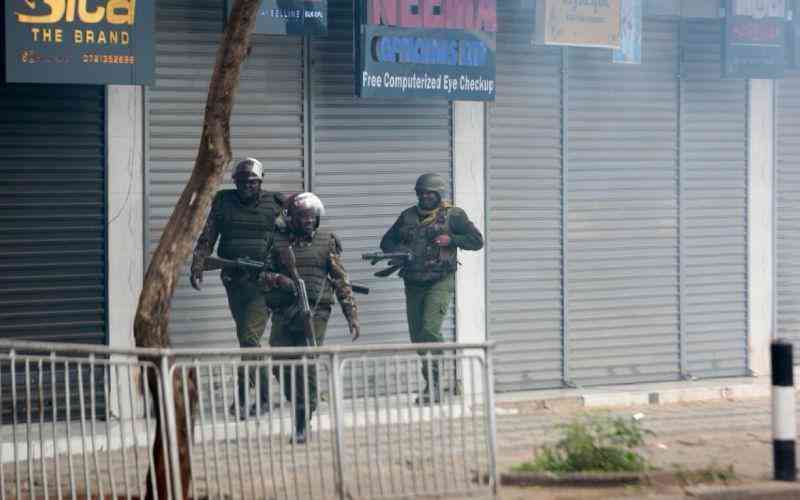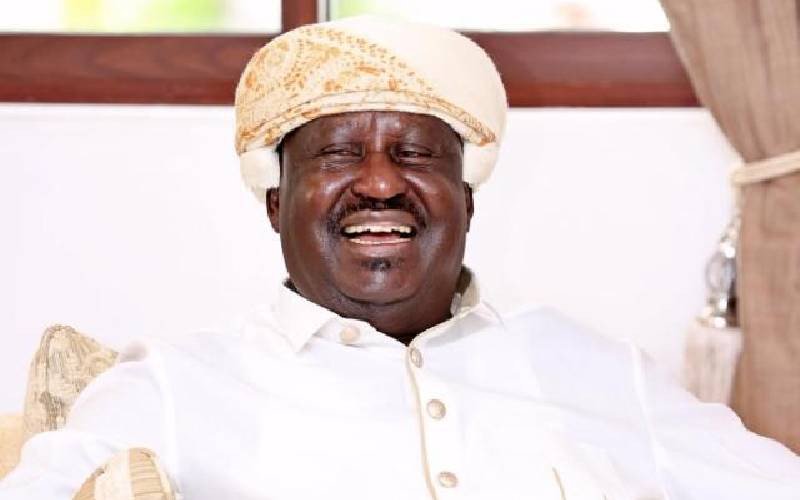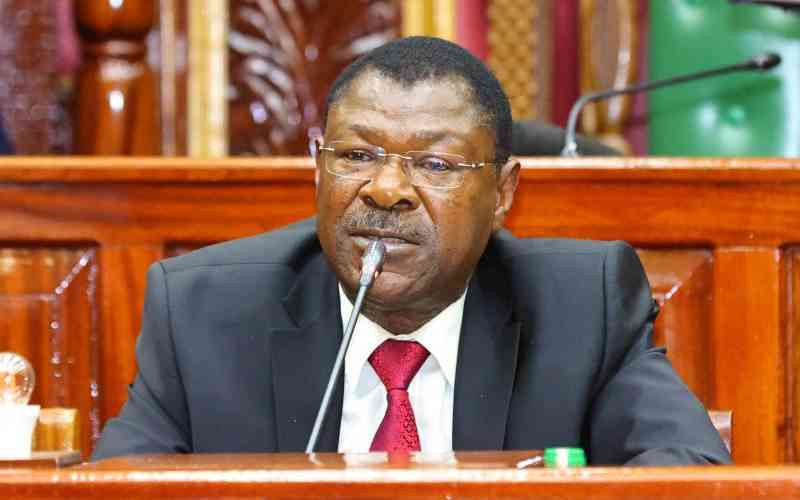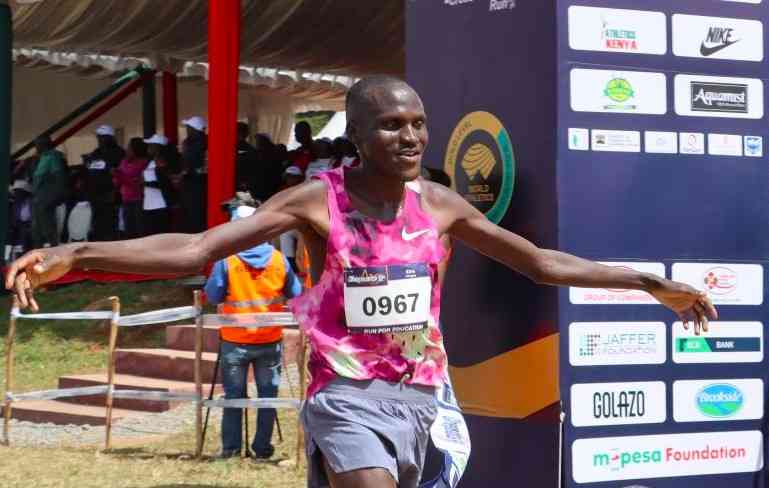Africans should solve their problems and not wait for outside solutions. They should not also allow another genocide to happen like what happened in 1994 in Rwanda.
These were among the calls made at the curtain-raiser symposium on the 31st commemoration of the 1994 genocide against the Tutsis in Rwanda.
The calls to avoid another genocide come after in April last year, United Nations Special Advisor on the Prevention of Genocide Alice Nderitu warned of the possibility of another genocide in the Democratic Republic of Congo (DRC).
“And when we talk about African solutions to African problems in the context of the genocide in Rwanda in 1994, we must always remind ourselves that the so-called international institutions were created without Africa,” said Prof Patrick Lumumba.
Prof Lumumba was part of three panelists, including author Dimitrie Sissi and Dr Lonzen Rugira, managing director of Pan Africa Review media house.
“The problems we have in Africa today are largely a by-product of the partition of Africa in 1884 and 1885 into Anglophone, Francophone among others,” he stated.
Rwandan High Commissioner to Kenya Martin Ngoga said the symposium is significant as it endeavors to preserve historical memory, ensuring that the truth is documented and passed on to future generations.
“By gathering testimonies, analysing evidence, and sharing research, the Symposium helps in preventing historical distortion and keeping the truth alive for future generations,” he said.
Lumumba added that Africans must always be reminded that classical colonialism may have died, but neo-colonialism is alive and well, and it manifests itself in different institutions like the Commonwealth, whose head will always be the British monarch.

The international community was blamed for failure to act on increasing threats to genocide in places like DRC, where M23 is currently fighting the army in the eastern region.
Recently, Rwanda severed ties with Belgium, its coloniser, over the current situation in DRC as the US Department of the Treasury imposed sanctions on a Rwandan government minister and a senior member of an armed group.
The event held at Kenyatta International Convention Centre comes ahead of the commemoration commonly known as Kwibukua (to remember) to be held on April 7th at the United Nations, Gigiri.
The commemoration, which begins every April 7, is held in all countries that have Rwandan embassies till the end of the month to commemorate the genocide that saw over a million Tutsis killed.
Ngoga challenged the United Kingdom, Belgium, the US, and France, where some of the genocide perpetrators live, to try them there.
“The six suspects arrested in different cities, it was confirmed that they had a case to answer and the question now was whether they could be sent to Rwanda for trial.
Stay informed. Subscribe to our newsletter
And we even offered them an alternative that if you don’t think they can withstand fair trial in Rwanda, then they should try them there out of universal jurisdiction arrangement, which is also not working,” he said.
Ms Sissi encouraged Rwandese genocide survivors to write books about the genocide.
“So as a survivor, I think the best responsibility and mandate is to share history. I would like to say that we are living graves. I am going to say it for the world. We are living graves, but we are also living people,” said Sissi, who has written a book called “Do Not Accept To Die.”
She added: “You know, it requires a lot of courage. It was not easy for us. We were just thinking, and we also had to do something. It is also a motivation to not accept all of these things, to not accept the history that came before our time.
So if we don’t live by ourselves, they will do it for us. When you put it on paper or a book, it is a way of archives. So we want all these stories to be written and to be passed on to all the generations.
Dr Rugira blamed Western media for not acknowledging the fact that genocide was against the Tutsi in their reporting.
“Only the US refused to accept this reality, yet it is the one that has the most clarity on the Holocaust between Jews and Nazzis,” he said.








